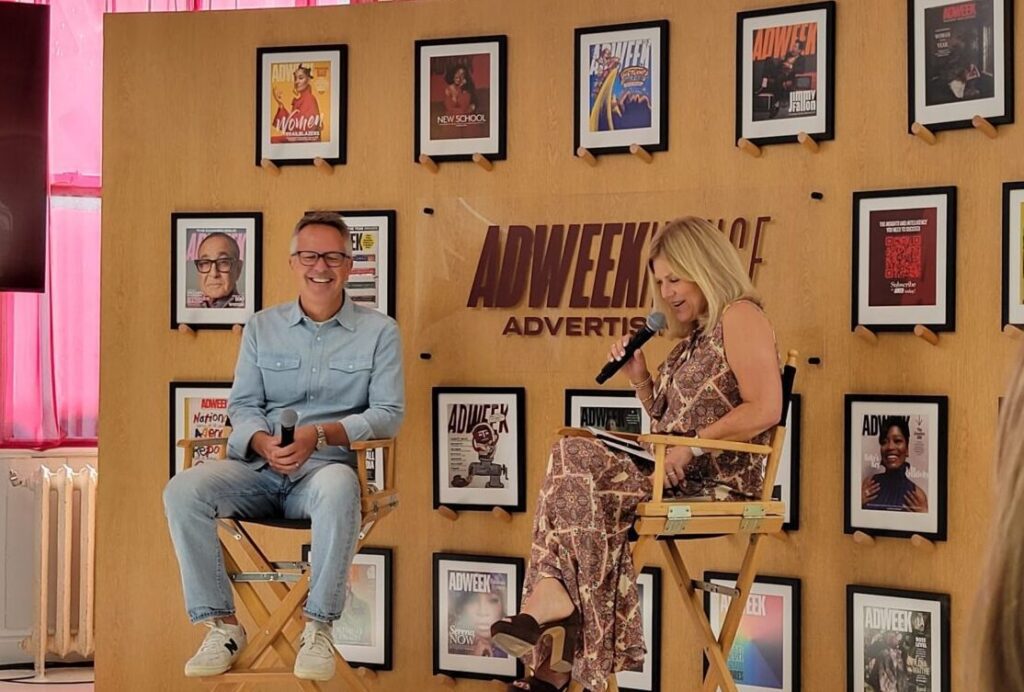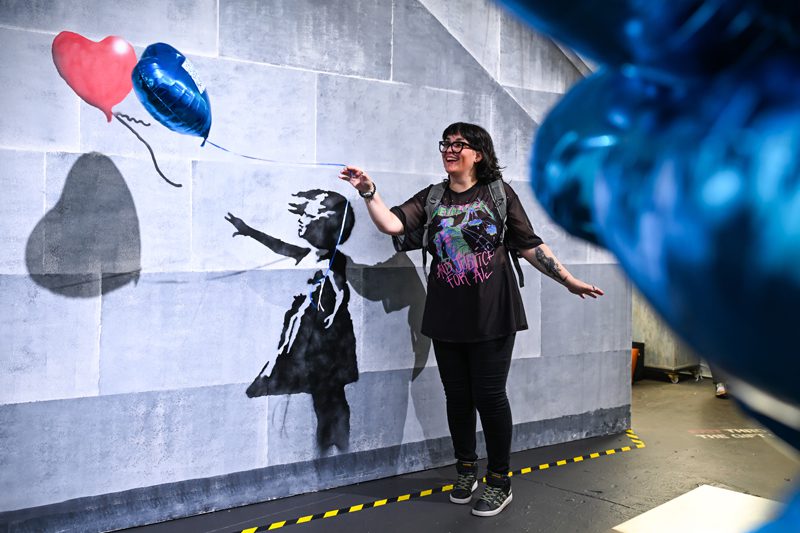Coors Brewing Co. went ahead with an August-through-September campaign despite a court ruling against the beer maker just a week before the campaign broke. The National Football League won a preliminary injunction in its trademark infringement suit against Coors barring the brewer from using the phrase “The Official Beer of NFL Players.”
The NFL won its restraining order on Aug. 2; the Coors Light Starting Lineup was set to break Aug. 9. The ruling “requires us to modify some P-O-P materials. We can jump through logistical hoops to do that, and there will be no effect on the consumer level,” said Coors spokesman Dave Taylor the day after the injuction hearing. Special packaging, radio, and some P-O-P broke as scheduled.
NFL filed suit in June against Coors and National Football League Players, Inc., the marketing arm of the NFL Players Association. Coors’s sponsorship deal with Players Inc. includes use of the phrase “The Official Beer of NFL Players” on P-O-P. The league contends that violates exclusive trademark rights, according to the suit filed in U.S. District Court in New York. Miller Brewing Co. and Anheuser-Busch are NFL sponsors; Coors is not.
“This boils down to an issue between the NFL and Players Inc.,” Taylor says. “The suit hinges on what marketing rights Players Inc has. We negotiated with Players Inc. to use the phrase `The Official Beer of NFL Players.'” Coors’s sponsorship began this year; Taylor won’t say how long it’s for or what Coors paid. He says it’s too early to tell how the Aug. 2 ruling will affect Coors’s contract with Players Inc.
Meanwhile, Players Inc. is appealing the injunction. An NFL win could severely limit Players Inc.’s ability to woo sponsors if it can’t license the phrase “NFL players.”
“We don’t believe use of the term `NFL players’ is a violation of NFL’s trademark. It’s a description of who we are, and who we represent,” said Players Inc. spokeswoman Chartese Booty before the injunction was granted. “We’ve used the term `NFL Players’ for 25 years on licensed products, promotions, and events. We’re perplexed by the furor over our use of [it now].”
The suit alleges that Players Inc. has no authority to license NFL marks. The league also objects to the implication that active players are endorsing Coors Light. NFL prohibits active players from endorsing alcohol or tobacco. Miller and A-B’s contracts include NFL events, but no player endorsements. Also, NFL manages its own marketing program for players, dubbed NFL Quarterback Club; it contends Players Inc. can’t license “official” status because it doesn’t represent all NFL players.
“The promotion doesn’t show players endorsing beer,” Booty says. “Players attend sales conventions, but no active player is promoting alcohol to consumers.”
The Coors promo centers on in-pack cards depicting several players. Consumers pick a player from the lineup, then follow his performance for weekly sweepstakes. The game is similar to fantasy football pools. Integer Group, Lakewood, CO, handles.
The NFL contends that it contacted Players Inc. to stop using its marks, but Players Inc. and Coors would not stop the promotion. The league is asking for damages triple the amount of its loss or of Coors’s and Players Inc.’s profits, whichever is higher.
“We tried to resolve it, couldn’t, and so we filed suit,” says NFL spokesman Chris Widmaier. The league hasn’t “run into the problem to this degree” with Players Inc. before now, he adds.
But the NFL sued Players Inc. in ’93 when it tried to establish its own mark, “NFL Players.” The two settled when Players Inc. acknowledged that NFL exclusively owns the terms “National Football League” and “NFL” as well as the NFL shield logo until March 1, 2000. Players Inc. unveiled its own logo in ’95, a stylized football-carrying player and the words “Players Inc.”
NFL also sued Coors in ’93 for trademark infringement when the beer maker used “Super Sunday” and “The Big Game” in campaigns timed to the Super Bowl. (NFL owns the “Super Sunday” trademark.) The two settled out of court. NFL’s current suit charges that, in November ’98, Coors again used “Super Sunday,” as well as three former players in jerseys of teams they represented in past Super Bowls. Coors settled with the NFL in January ’99 on the condition that the league didn’t specifically prohibit Coors’s use of the term “NFL Players” – a condition that might have scotched Coors’s pending deal with Players Inc., according to NFL’s uit. “NFL Properties also put Coors on specific notice that the NFL would regard commercial uses of `NFL Players’ – even uses purportedly licensed by Players Inc. – as a violation of NFL’s exclusive rights,” the suit reads.
“We’re not antagonistic,” contends Booty. “We’ve bantered back and forth with the NFL throughout our history, and we’re confident we can resolve this as we have with other issues in the past.”
 Network
Network

